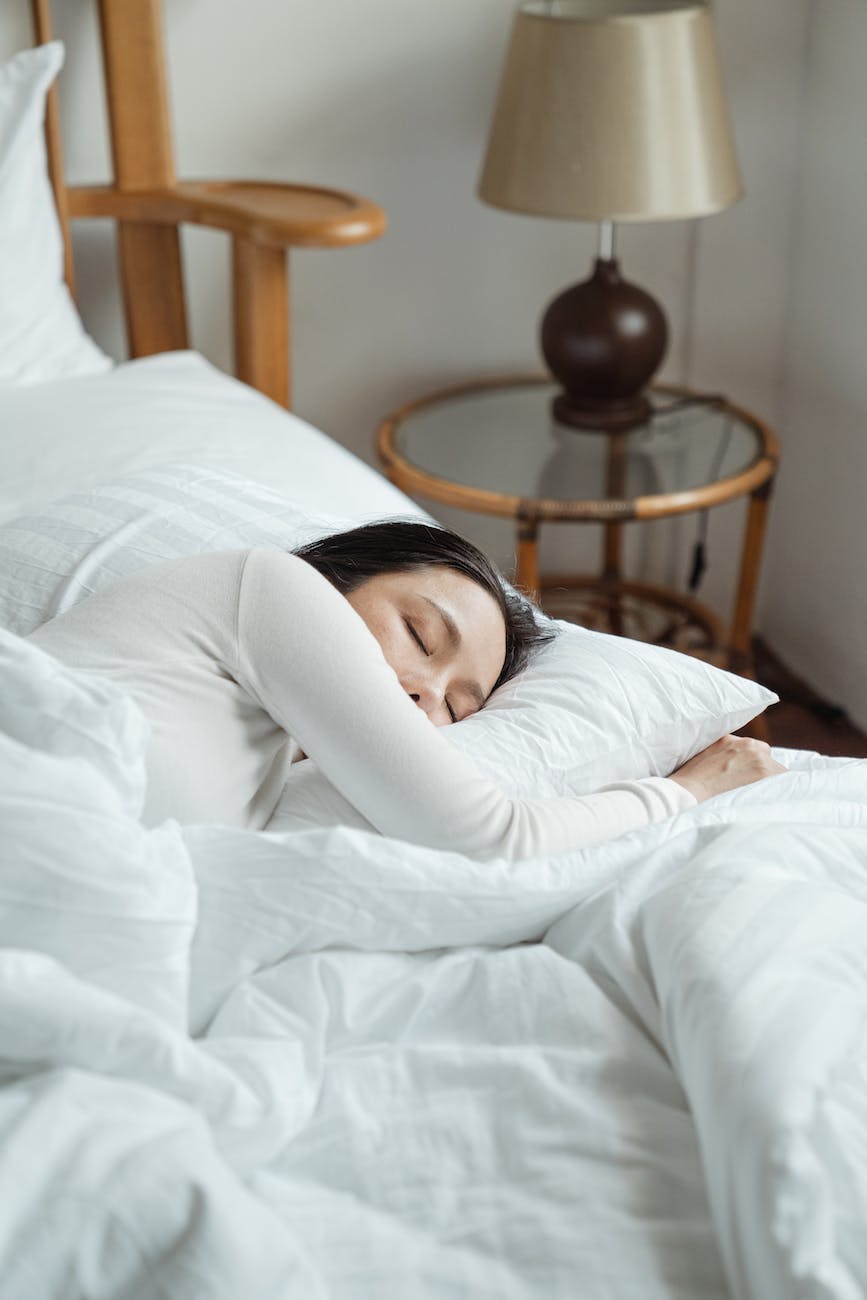
Chamomile and Valerian are two herbs that have been used for centuries as natural remedies for various health conditions, including insomnia and anxiety. Today, they are often combined in tea form to create a potent sleep aid that is both effective and natural. This comprehensive guide will delve into the benefits of these herbs, how to use them, and what to be aware of when incorporating them into your sleep routine.
The Calming Chamomile
Chamomile, a daisy-like plant, is renowned for its calming properties. It contains an antioxidant called apigenin that binds to specific receptors in your brain, potentially decreasing anxiety and initiating sleep. Chamomile tea is a popular beverage worldwide, especially before bedtime, due to its potential to improve sleep quality.
Chamomile Tea and Sleep: What Does Science Say?
It’s not just an old wives’ tale; scientific studies have shown that chamomile tea can indeed help you sleep. One study found that postpartum women who drank chamomile tea for two weeks reported better sleep quality compared to a group that did not drink chamomile tea.
Other Benefits of Chamomile
In addition to promoting sleep, chamomile has several other health benefits:
- Digestive Health: Chamomile tea can help soothe an upset stomach and alleviate digestive issues.
- Menstrual Pain: It has been found to reduce menstrual cramps and pain.
- Skin Health: Chamomile has anti-inflammatory properties that can help soothe skin irritations.
Valerian: Nature’s Valium
On the other hand, Valerian root, a herb native to Europe and parts of Asia, has been used in traditional medicine for millennia. It’s often referred to as “nature’s Valium” due to its sedative and anti-anxiety effects. Valerian root contains a number of compounds that may promote sleep and reduce anxiety. These include valerenic acid, isovaleric acid, and a variety of antioxidants.
Valerian and Improved Sleep Quality
Valerian has been shown to help people fall asleep faster, improve the quality of sleep, and increase the amount of time spent in deep, restorative stages of sleep.
Other Benefits of Valerian
Valerian root also has several other health benefits:
- Anxiety and Stress: Valerian root can help reduce anxiety and stress levels.
- Menstrual Cramps: It can help alleviate menstrual cramps.
- Headaches: Valerian root may help relieve headaches.
The Power of Chamomile and Valerian Combined
When combined, chamomile and valerian create a powerful, natural sleep aid. The calming effects of chamomile tea, coupled with the sedative properties of valerian root, can help to promote a deep, restful sleep. This combination can be particularly beneficial for those who suffer from insomnia or who have difficulty falling or staying asleep.
Brewing the Perfect Cup
To get the most out of these teas, it’s important to brew them correctly. Here are some tips:
- Use Fresh Herbs: For the best flavor and potency, use fresh chamomile flowers and valerian root. If these aren’t available, dried herbs or tea bags can be used instead.
- Steep Correctly: Steep chamomile for 5-10 minutes and valerian root for about 10 minutes. This allows the herbs to fully infuse the water with their beneficial compounds.
- Drink Before Bed: For the best results, drink these teas 30-60 minutes before you plan to go to sleep. This gives the herbs time to start working.
Warnings and Considerations
While chamomile and valerian tea can be a great natural remedy for sleep issues, they’re not for everyone. Some people may be allergic to chamomile, especially those who are allergic to plants in the daisy family. Valerian, while generally safe for most people, can cause mild side effects in some, such as headache, stomach upset, and dizziness. Always consult with a healthcare provider before starting any new treatment to ensure it’s safe for you.
Frequently Asked Questions
- Does chamomile tea really help you sleep? Yes, chamomile tea contains an antioxidant called apigenin that binds to specific receptors in your brain, potentially decreasing anxiety and initiating sleep.
- What is valerian root good for? Valerian root is often used for its sedative and anti-anxiety effects. It can help people fall asleep faster, improve the quality of sleep, and increase the amount of time spent in deep, restorative stages of sleep.
- Can I combine chamomile and valerian in one tea? Yes, combining chamomile and valerian can create a powerful, natural sleep aid. The calming effects of chamomile tea, coupled with the sedative properties of valerian root, can help to promote a deep, restful sleep.
- Are there any side effects of chamomile and valerian tea? While generally safe for most people, some may experience allergic reactions to chamomile, especially those who are allergic to plants in the daisy family. Valerian can cause mild side effects in some, such as headache, stomach upset, and dizziness. Always consult with a healthcare provider before starting any new treatment.
- How should I brew chamomile and valerian tea for the best results? For the best flavor and potency, use fresh chamomile flowers and valerian root. Steep chamomile for 5-10 minutes and valerian root for about 10 minutes. Drink these teas 30-60 minutes before you plan to go to sleep.
Conclusion
In conclusion, if you’re looking for a natural way to improve your sleep, a cup of chamomile and valerian tea before bed may be just what you need. Remember, a good night’s sleep is not just about quantity but also about quality. Incorporating natural sleep aids like chamomile and valerian tea can help you achieve both. Sweet dreams!
Blog Tags
Chamomile, Valerian, Sleep, Insomnia, Anxiety, Herbal Tea, Natural Remedies, Sleep Aid, Chamomile Tea, Valerian Tea, Sleep Quality, Bedtime Routine, Health Benefits, Brewing Tea, Herbal Remedies, Sleep Problems, Sleep Solutions








